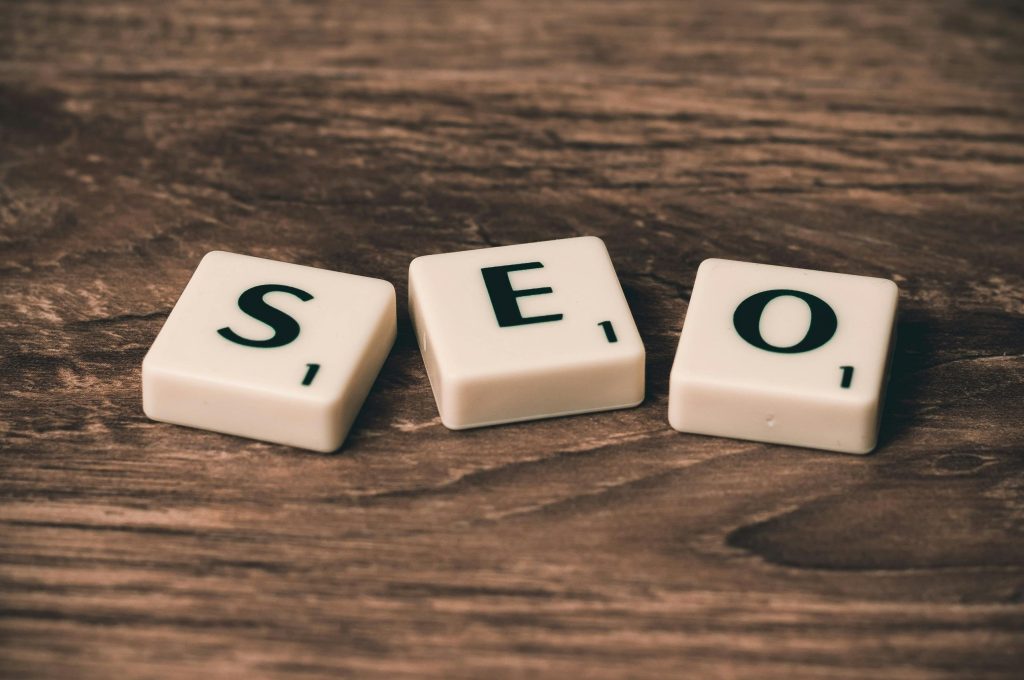In today’s highly competitive digital landscape, visibility is everything. No matter how excellent your product or service is, if potential customers can’t find you online, you’re losing business. This is where SEO comes into play. Understanding SEO meaning in business is essential for any brand that wants to grow, attract the right audience, and build long-term success in the digital world.
What is SEO?

SEO, or Search Engine Optimization, is the process of optimizing your website and its content to rank higher on search engine results pages (SERPs). The goal is simple: improve visibility and attract organic (non-paid) traffic from search engines like Google, Bing, or Yahoo.
But to truly appreciate the impact of SEO, one must grasp the SEO meaning in business—it’s not just about keywords and rankings; it’s about creating valuable content, building trust, and delivering an exceptional user experience that turns visitors into customers.
Why SEO Matters in Digital Marketing
Digital marketing encompasses various strategies like content marketing, email marketing, PPC, and social media—but SEO remains the backbone of online visibility. It plays a critical role in connecting businesses with users actively searching for their products or services.
When done right, SEO not only drives traffic but also enhances brand credibility and improves conversion rates. Knowing the SEO meaning in business helps marketers align their SEO efforts with broader business goals like customer acquisition, revenue growth, and market expansion.
SEO Meaning in Business: Beyond the Basics
Let’s dive deeper into the SEO meaning in business and explore how it influences different aspects of a company’s online success:
1. Customer Acquisition
SEO helps businesses appear at the top of search results when potential customers are looking for relevant solutions. This visibility is crucial in driving targeted traffic that is more likely to convert.
2. Brand Trust and Authority
Websites that rank higher are often perceived as more trustworthy. Consistent SEO practices like quality content, backlink building, and mobile optimization contribute to building brand authority in a niche market.
3. Cost-Effective Marketing
Compared to paid ads, SEO is a long-term investment that continues to generate traffic without ongoing costs. Understanding SEO meaning in business helps companies allocate their marketing budget wisely and reap long-term benefits.
4. Local Business Growth
With local SEO strategies, small and medium businesses can reach nearby customers more effectively. Appearing in “near me” searches can significantly boost foot traffic and local sales.
Core Components of SEO
A solid understanding of SEO meaning in business begins with knowing its main components:
- On-Page SEO: Optimizing individual web pages with proper titles, meta descriptions, internal linking, and keyword usage.
- Off-Page SEO: Building high-quality backlinks from other websites to improve domain authority.
- Technical SEO: Enhancing website structure, speed, mobile-friendliness, and security to improve crawlability and user experience.
- Content Marketing: Creating valuable, informative, and engaging content that attracts users and earns links naturally.
Together, these components make up a well-rounded SEO strategy that can significantly improve your online presence.
How SEO Supports Business Goals
Understanding the SEO meaning in business also means recognizing how SEO aligns with various business objectives:
- Increase in Website Traffic: More visibility means more clicks and visits.
- Lead Generation: Targeted content can drive qualified leads to landing pages.
- Sales and Conversions: SEO-optimized product pages and blog content can help nurture users down the funnel.
- Competitive Advantage: Ranking above competitors in search results can lead to increased market share.
By integrating SEO with other digital marketing strategies, businesses can create a powerful ecosystem that fuels continuous growth.
Measuring SEO Success
To truly understand the SEO meaning in business, it’s essential to track performance and measure ROI. Key metrics include:
- Organic Traffic: Number of visitors coming from search engines.
- Keyword Rankings: Position of target keywords in SERPs.
- Bounce Rate & Dwell Time: Indicators of user engagement and content quality.
- Conversion Rate: Percentage of visitors taking desired actions, like purchases or sign-ups.
Using tools like Google Analytics, Google Search Console, and SEO platforms like SEMrush or Ahrefs can help monitor progress and refine strategies.
Future of SEO in Business
As search engine algorithms evolve, so does the SEO meaning in business. Today, it’s not just about keyword stuffing or link-building; it’s about delivering real value to users. Voice search, AI-driven search results, and mobile-first indexing are reshaping SEO strategies across industries.
Businesses that adapt and stay ahead of these trends will continue to benefit from organic growth, increased brand visibility, and stronger customer relationships.
